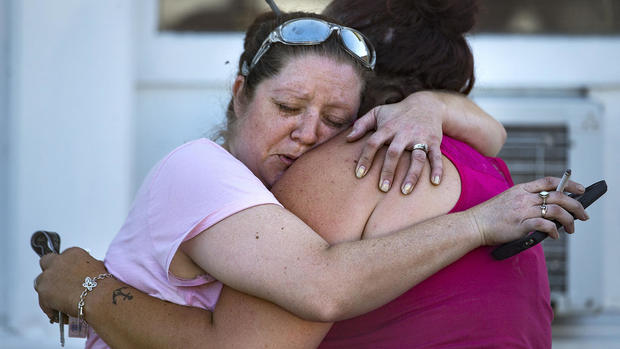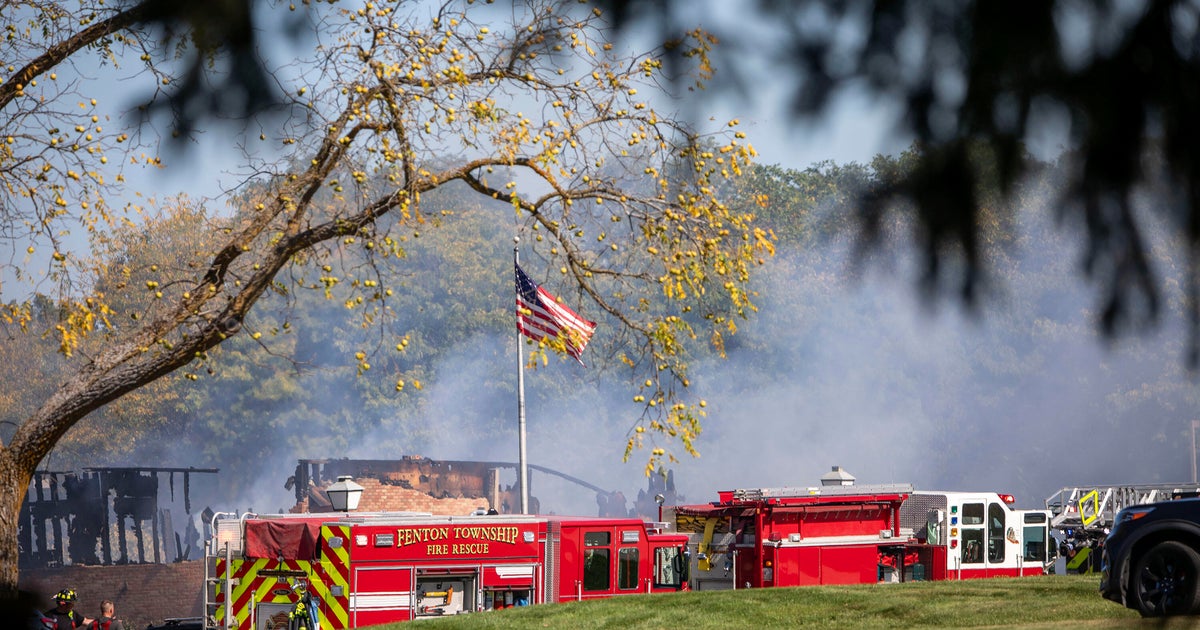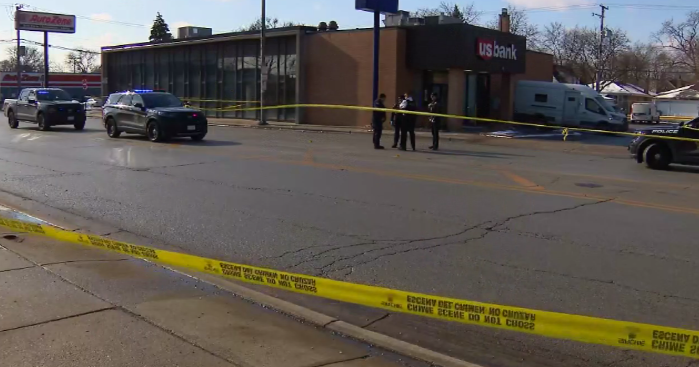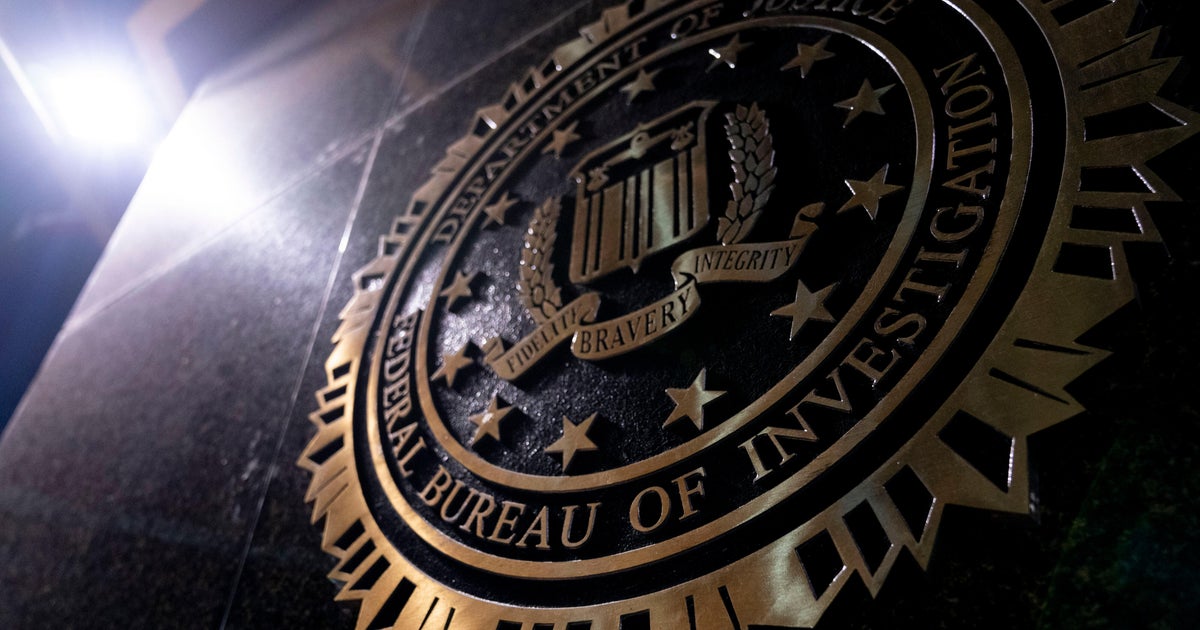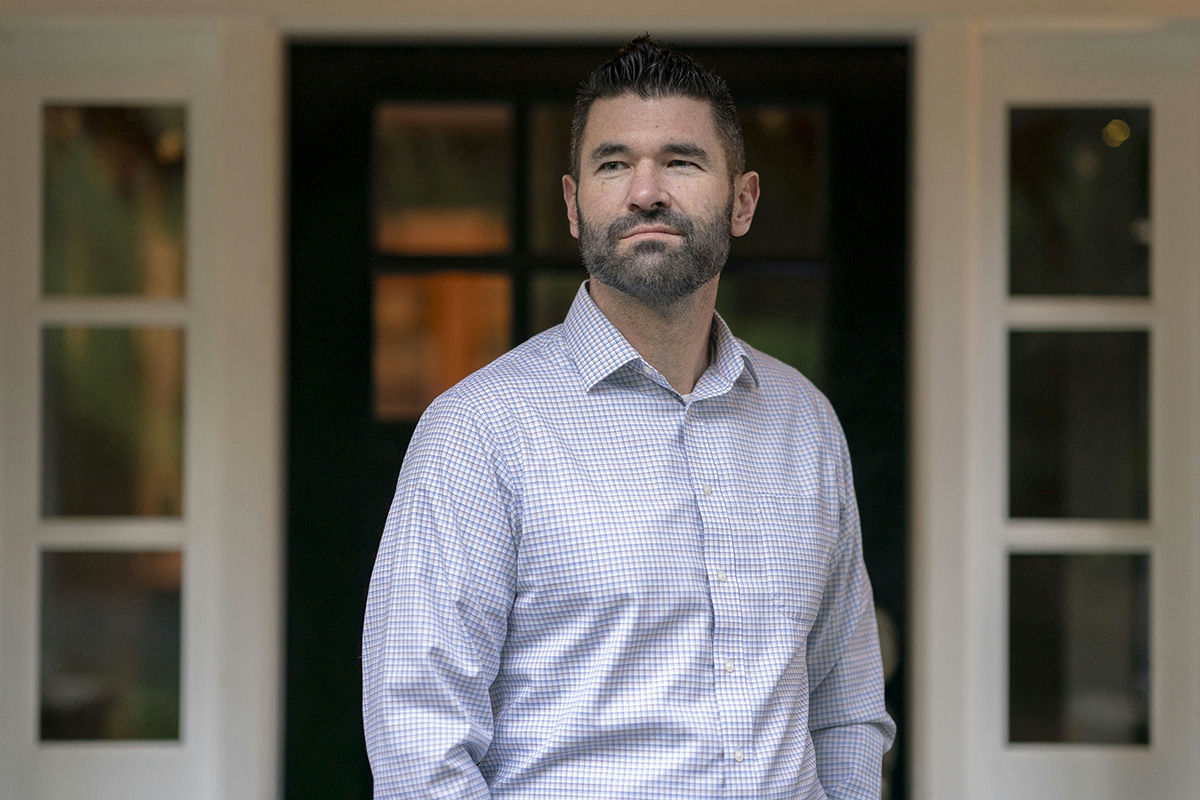Should church shooter Devin Patrick Kelley have been allowed to buy guns?
The Texas store where the gunman in Sunday's deadly church shooting bought two of his four guns said he passed his background checks before he made the purchases, even though federal law mandates that he should have been barred from owning firearms.
CBS News' David Martin confirms that the U.S. Air Force didn't submit the shooter's criminal history to FBI, as required by Pentagon rules. The Air Force said it has launched a review of how the service handled Kelley's criminal records.
Twenty-six people were killed when Devin Patrick Kelley opened fire at the First Baptist Church in Sutherland Springs and 20 others were wounded, 10 critically.
Texas Department of Public Safety regional director Freeman Martin said Monday that Kelley, who served in the Air Force from 2010 until 2014, did not have a license to carry firearms. However, Kelley purchased four weapons in total during the years 2014, 2015, 2016, and 2017. Two were bought in Colorado and two in Texas, ATF officials said. Three weapons were recovered at the scene of the shooting -- a Ruger AR-556 rifle found at the church, and two handguns, a Glock 9mm and a Ruger 22, found in his car, according to Fred Milanowski, special agent in charge of the ATF Houston.
A law enforcement source tells CBS News justice and homeland security correspondent Jeff Pegues that Kelley purchased the Ruger AR-556 rifle from an Academy Sports and Outdoors store in San Antonio in April 2016, and Academy Sports confirmed that Kelley also purchased another firearm from the store in 2017.
"We also confirmed that both sales were approved by the National Instant Criminal Background Check System (NICS). We are cooperating with law enforcement as they investigate further," Academy Sports said in a statement.
But Kelley "should have been" entered into federal databases because of charges that led to his bad conduct discharge from the Air Force, according to Col. Don Christensen, a retired Air Force chief prosecutor whose office prosecuted Kelley.
Kelley was court-martialed in 2012 for two counts of assault on his then-wife and assault on her child, according Air Force spokesperson Ann Stefanek.
Christensen told CBS News there were multiple instances in 2011 and 2012 in which Kelley assaulted his then-wife and her son, who was his stepson. Kelley physically assaulted the boy, pushed him down, shook him and fractured his skull, causing a severe hematoma, Christensen said.
In 2014, Kelley pleaded guilty to "diverse occasions" of assaulting his wife and stepson, and received a bad conduct discharge, a reduction in rank and confinement for 12 months, Christensen said.
Federal law prohibits those who have been dishonorably discharged from buying a firearm, but the law does not include a blanket prohibition on those who have received a bad conduct discharge. However, certain types of bad conduct discharges can stem from cases that would bar defendants from purchasing firearms.
"A bad conduct discharge wouldn't keep you from getting a gun, but his convictions, what he was convicted of should have stopped him from getting a gun," Christensen said.
Texas and federal laws prohibit those with domestic violence convictions from owning firearm. The military is supposed to report to the FBI, for the purposes of prohibiting firearm purchases, convictions on domestic violence charges, as well as convictions in cases that carried maximum potential sentences of more than a year in confinement, which Kelley's did.
"The military is supposed to be sharing that with the federal authorities," Christensen said.
